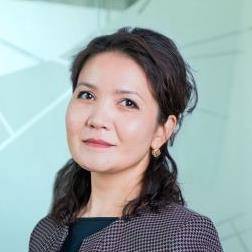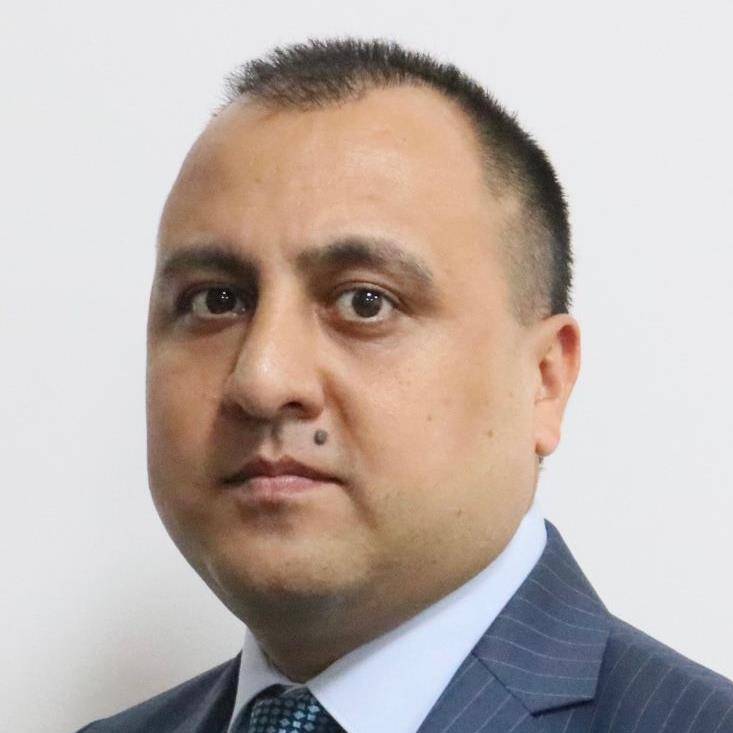Charting the Path to Resilient and Low-Carbon Cities through Scenario Modeling and Informed Decision-Making
Sustainability, Urban Development, Data Analyses, Policy Decisions, Climate and Disaster risks. The session aimed to leverage advancements in technology to improve urban planning, infrastructure, and service delivery while reducing climate and disaster risks. This four-hour session introduced the methodology to develop urban profiles using globally available data and presented how the latest urban profiles for the 48 largest urban areas in Central Asia were designed based on this method. The session included interactive activities focusing on scenario modeling to explore various policy levers’ impacts on selected Central Asian cities. This approach emphasizes data-driven decision-making to produce practical policy recommendations, cost analyses, and investment plans for creating greener, more resilient urban environments in the face of climate change, resource constraints, and rapid urbanization. The session commenced with a brief welcome and introduction by the moderators and session leads, followed by a series of presentations and interactive sessions. The first presentation covered building urban profiles from globally available datasets, led by Mr. Ricardo Ochoa Sosa from CAPSUS S.C., and Ms. Rui Su from GFDRR. The second segment was an interactive session on scenario modeling and investment planning, led by Mr. Ricardo Ochoa Sosa. This part of focus day session aimed to engage participants in hands-on activities to understand the implications of different policy decisions on urban resilience and sustainability. Following this, representatives from Central Asian cities, Mr. Sadi Samadzod from Dushanbe, Tajikistan, and Ms. Zhanar Gabdullina from Almaty, Kazakhstan shared their experiences in advancing resilient and low-carbon urban development. The session continued with a discussion on Public-Private Partnership (PPP) scenarios in promoting low-carbon and resilient urban development, led by Mr. Charles Antoyne Hurstel from GFDRR. The session culminated in a discussion and exchange of ideas and experiences among participants, fostering a collaborative approach to urban resilience and sustainability in Central Asia. The session concluded with a brief summary and closing remarks by the session leads.
–
The session “Charting the Path to Resilient and Low-Carbon Cities through Scenario Modeling and Informed Decision-Making” generated several key outcomes that significantly contributed to urban resilience and sustainability. One of the primary outcomes was the establishment of a comprehensive understanding of how advancements in technology and data-driven approaches could be harnessed to enhance urban planning and infrastructure. By presenting the latest urban profiles for the 48 largest urban areas in Central Asia, participants gained insights into the current state of these cities, including their vulnerabilities and strengths. This foundational knowledge proved critical for informed decision-making and strategic planning, enabling cities to better anticipate and mitigate the impacts of climate change and other risks. Another significant outcome was the development of practical policy recommendations and investment plans tailored to the unique needs of each city. Through interactive scenario modeling sessions, participants explored various policy levers and their potential impacts on urban resilience and sustainability. This hands-on approach not only highlighted the cost implications of different strategies but also identified the most effective pathways for achieving low-carbon and resilient urban development. The insights gained from this exercise was invaluable for city planners, policymakers, and other stakeholders as they work to create greener, more sustainable urban environments. Furthermore, the session fostered a collaborative environment where participants shared experiences and best practices. The presentations from representatives of Dushanbe, Tajikistan, and Almaty, Kazakhstan, provided real-world examples of how cities were advancing resilient and low-carbon initiatives. This knowledge exchange was further enriched by the discussions, which included diverse perspectives from the participants. By facilitating these dialogues, the session helped build a network of practitioners committed to sustainable urban development, enabling ongoing collaboration and support. Ultimately, the session inspired actionable steps toward building resilient and low-carbon cities in Central Asia. By the end of the session, participants had a clearer understanding of the tools and strategies available to them, as well as a roadmap for implementing these solutions in their contexts. The comprehensive approach of combining data-driven analysis with practical experiences and collaborative discussions ensured that participants were left with both the knowledge and the motivation to drive positive change in their cities.
Organized by: GFDRR – World Bank




